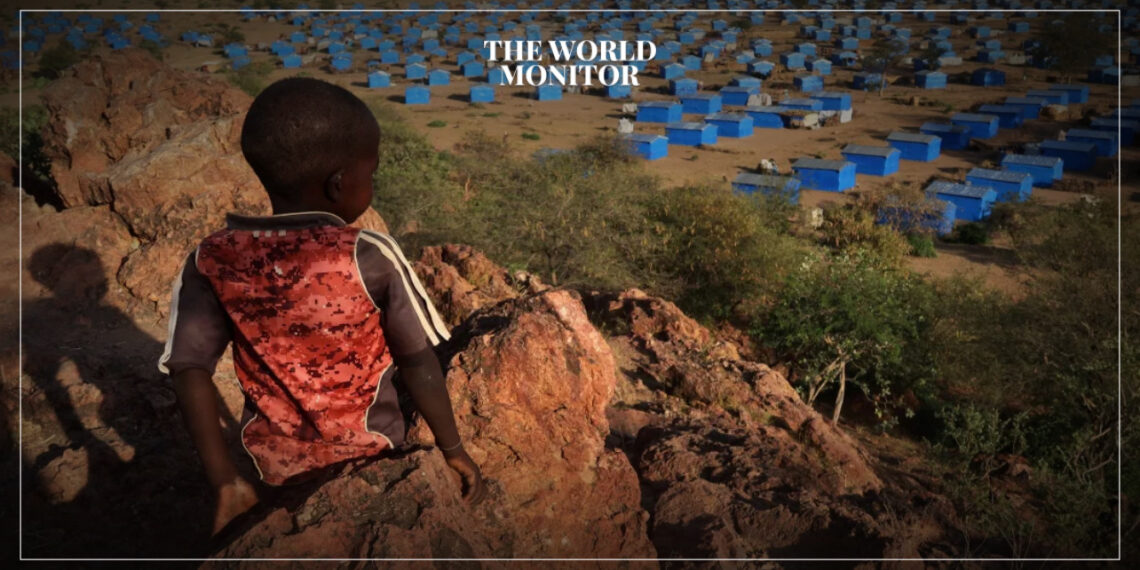The United Nations (UN) has declared Sudan is facing the most severe hunger crisis in its history, with famine affecting parts of North Darfur in the western region of the country.
This alarming situation was highlighted in a recent post on the UN’s official X platform account, emphasizing the dire need for international attention.
The UN Office for the Coordination of Humanitarian Affairs (OCHA), in collaboration with partners, is urgently delivering life-saving aid to the affected regions. However, the UN stressed the critical need for increased support and unrestricted, safe access to enhance the response to this escalating crisis.
Adding to the urgency, the World Food Programme (WFP) reported on Saturday that the ongoing war in Sudan, which has surpassed 500 days, has exposed half of the population to severe hunger. This marks the world’s first confirmed famine since 2017.
The WFP urgently pointed out that “there is no time to waste,” emphasizing that humanitarian access and funding are paramount.
The conflict, which erupted in mid-April 2023 between the army and the Rapid Support Forces, has resulted in approximately 18,000 casualties and displaced nearly 10 million people, according to the UN.
International and UN calls are intensifying for an end to the conflict to avert a humanitarian disaster that is already pushing millions towards famine and death due to food shortages exacerbated by the fighting, which now extends to 13 of the 18 states.
Amidst these developments, hundreds of Sudanese families were forced to flee from Bahri, north of Khartoum, on Saturday morning following intense artillery exchanges between the army and the Rapid Support Forces.
Eyewitnesses in the Hattab area of Bahri, where a military base is located, reported that the families fled “as the artillery fire intensified,” with both forces vying for control of the base.






